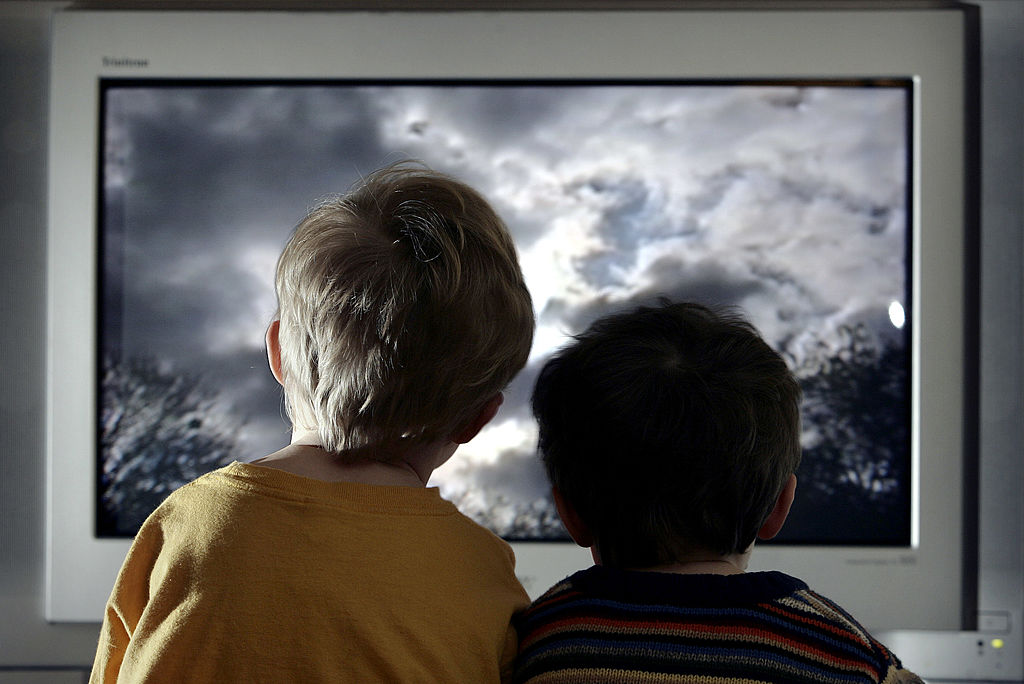Sleeping with the TV on may affect your weight and health, study says
By mbrooks on June 11, 2019

By Matthew Brooks
Falling asleep while watching TV may make you gain weight, research says.
But don’t blame the TV. It’s the artificial light coming from your TV and the irregular sleep schedule that’s the problem.
The National Institutes of Health published preliminary research on sleep on health.
The study finds that exposure to unnatural light is negatively affecting the human body.
Natural light helps regulate metabolism, sleep-promoting hormones, and blood pressure, the research finds.
The NIH says an irregular sleep schedule can increase health risks. The higher risks include “obesity, high cholesterol, hypertension, high blood sugar and other metabolic disorders.”
One of the study’s authors says previous studies connected health and sleep. This author, Tianyi Huang, says insufficient sleep affects “obesity, diabetes, and other metabolic disorders.”
Huang is with the Channing Division of Network Medicine at Brigham and Women’s Hospital in Boston.
Huang also says, that “every one-hour night-to-night difference in the time to bed or the duration of a night’s sleep multiplies the adverse metabolic effect.”
The greater the variance in a person’s sleep schedule, the “higher prevalence of metabolic problems,” according to the study.
The study suggests that artificial light affects the hormones related to sleep and appetite.








